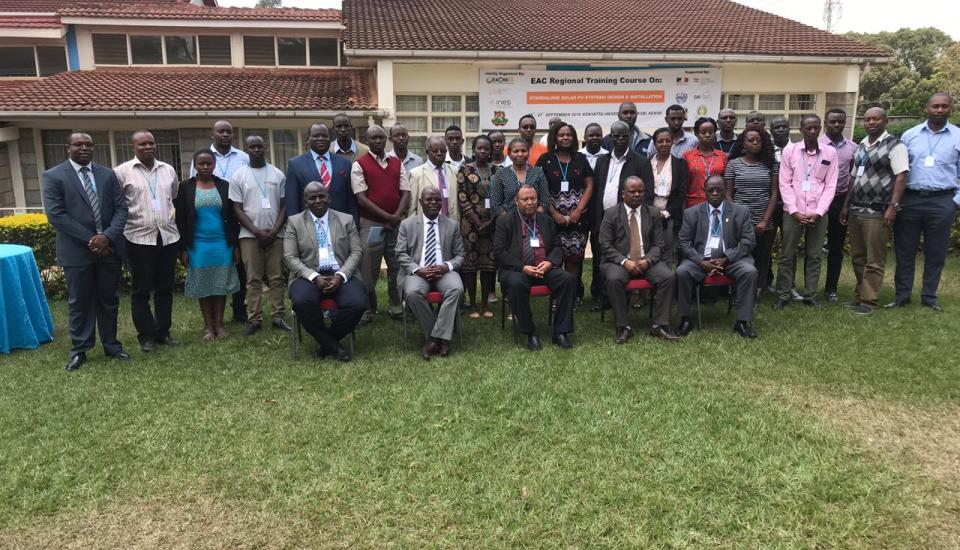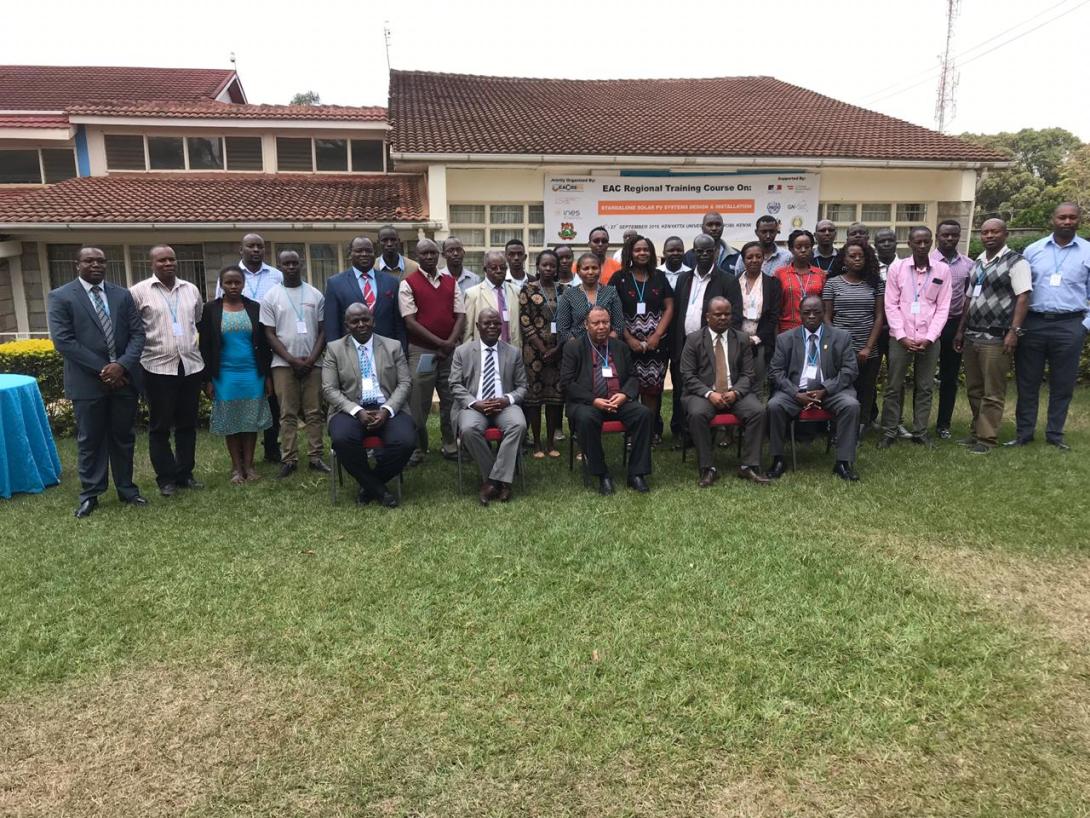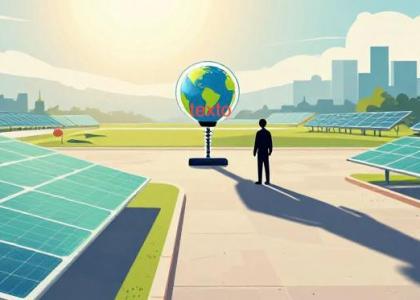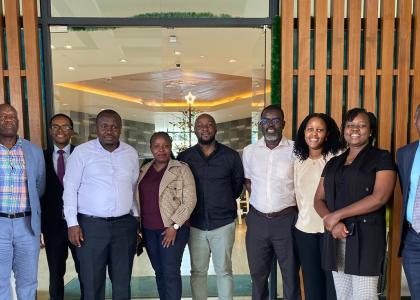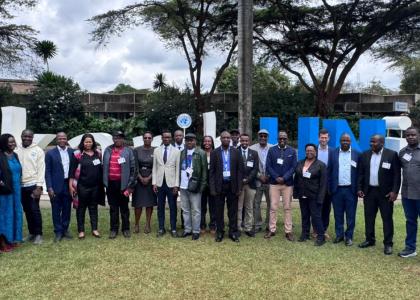Nairobi, 16 September 2019: A two-week’ East African Regional Training Course on Standalone Solar PV Systems Design and Installation officially kicks off today at Kenyatta University Conference Centre, Nairobi, Kenya with over 30 participants from the EAC Partner States.
The objective of the training course is to provide comprehensive and up-to-date, theoretical and practical knowledge on Standalone Solar Power Systems Design and Installation. The training course consists of lectures and practical session on design and installation and Maintenance of solar PV Systems. It will cover a variety of topics, including overview of solar PV technology, introduction to basic electricity, system design requirements and technical specifications, load estimation, battery storage, software systems and operation and maintenance.
Investing in solar and other renewable energy technologies is vital for provision of affordable, reliable, and sustainable energy for all by 2030. However, some barriers still hinder growth of solar systems investments in the region. These includes the issues of affordability, access to finance, awareness and inadequate technical capacity for design, installation, testing and maintenance of solar PV systems. Training of local professionals and technicians can contribute significantly toward enhancing adoption of solar technology in the region. “This regional training is therefore very important for enhancing capacity of our local professionals in the solar industry”, Prof. Paul Wainaina, Vice chancellor Kenyatta University.
The International Solar Alliance is committed to undertake joint efforts with its partners and member countries to reduce the cost of finance and technology by mobilizing more than US $ 1000 billion of investments needed by 2030 for massive deployment of solar energy, and pave the way for future technologies adapted to the local needs. To be able to do this, capacity building is recognized as one of the essential steps. “Capacity-building is a critical tool of the upcoming solar revolution worldwide”, said Mr. Upendra Tripathy, the Director General, International Solar Alliance (ISA).
There is need for systematic efforts to ensure availability of technical competence as a way to activate market transformation. “Competency limitation in most system designers and installers seriously reduces the overall performance/output of solar systems and increases operation and maintenance costs”, said Eng. Benson Mwakina, Director Renewable Energy, Ministry of Energy, Kenya.
The key ingredients for a successful long term energy scenario depend on effective knowledge management, information sharing and capacity building, ensuring that all policy decision makers can take informed decisions on the design and implementation of policies to enhance universal access to energy via increased investment in RE&EE technologies. “The fight for universal access to energy is a war to be fought through capacity building. What is at stake now is not so much of technological innovation but establishing quality in solar projects that involve quality equipment, right design and sizing, efficient maintenance and involving both men and women to work together through the life of a solar project”, said Mr. Franck Barruel , the Director Training and Expertise, French National Institute of Solar Energy (INES).
Long-term sustainability and local value creation of solar PV investments require collaboration with all stakeholders to strengthen domestic energy entrepreneurship, technical and innovation systems. “This training course is just the beginning of EACREEE’s interventions related to stimulating investments in the region. EACREEE is working with a number of partners to develop a project ‘Accelerating the Deployment of Solar Photovoltaic Systems in the East African Region’” said Mr. Fred Ishugah, EACREEE Sustainable Energy Expert.
The training course is organized by the East African Centre of Excellence for Renewable Energy and Efficiency (EACREEE) in collaboration with the International Solar Alliance (ISA), National Solar Energy Institute (INES) of France and Kenyatta University and support from Government of France, the United Nations Industrial Development Organization (UNIDO) and the Austrian Development Agency (ADA), Ministry of Energy Kenya and the East African Community (EAC).
This training is the first milestone of one long-road towards the building of EACREEE solar academy, along with ISA and INES.

